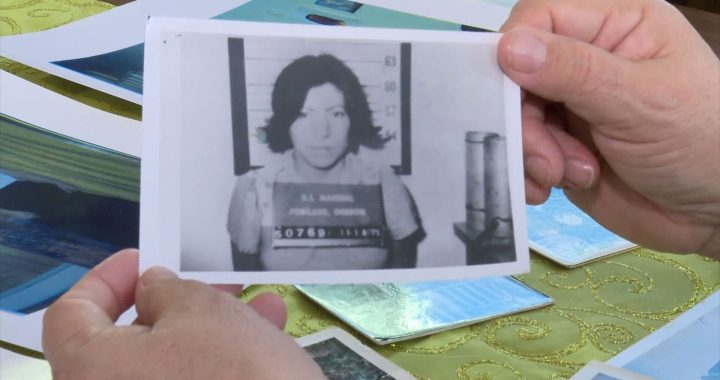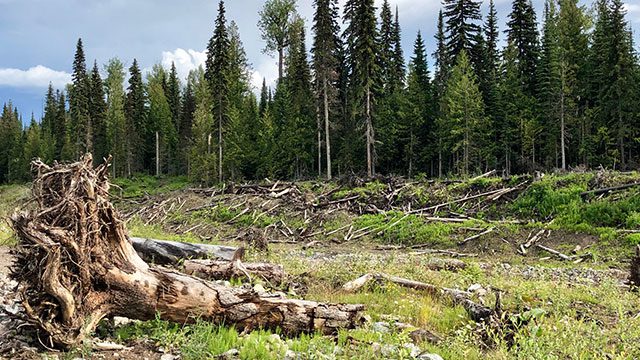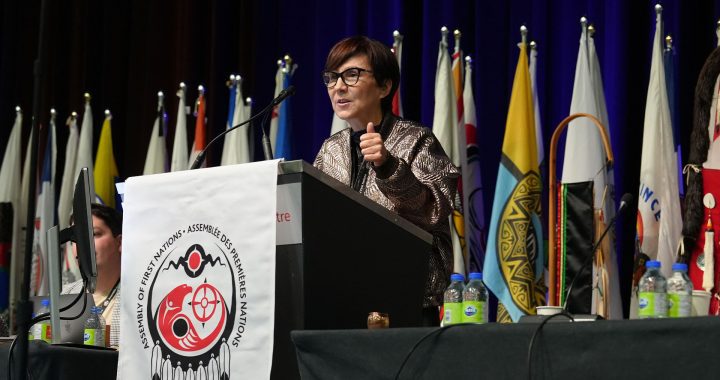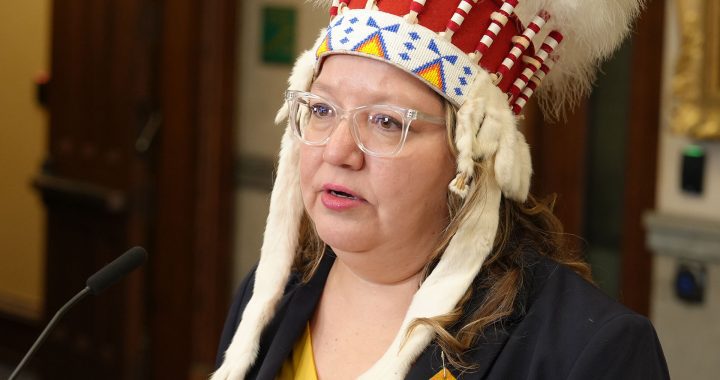Garnet Angeconeb is a survivor of the Pelican Lake Indian residential school.
He says when the Truth and Reconciliation Commission released its 94 calls to action in 2015, people were hopeful.
Five years later, he’s not optimistic.
“Do I feel more empowered? Am I healed? Am I in control of my own life now? I’m not exactly sure because we are still battling the government in courts,” he said. “And that’s an example of how we have not moved forward in the last five years.”
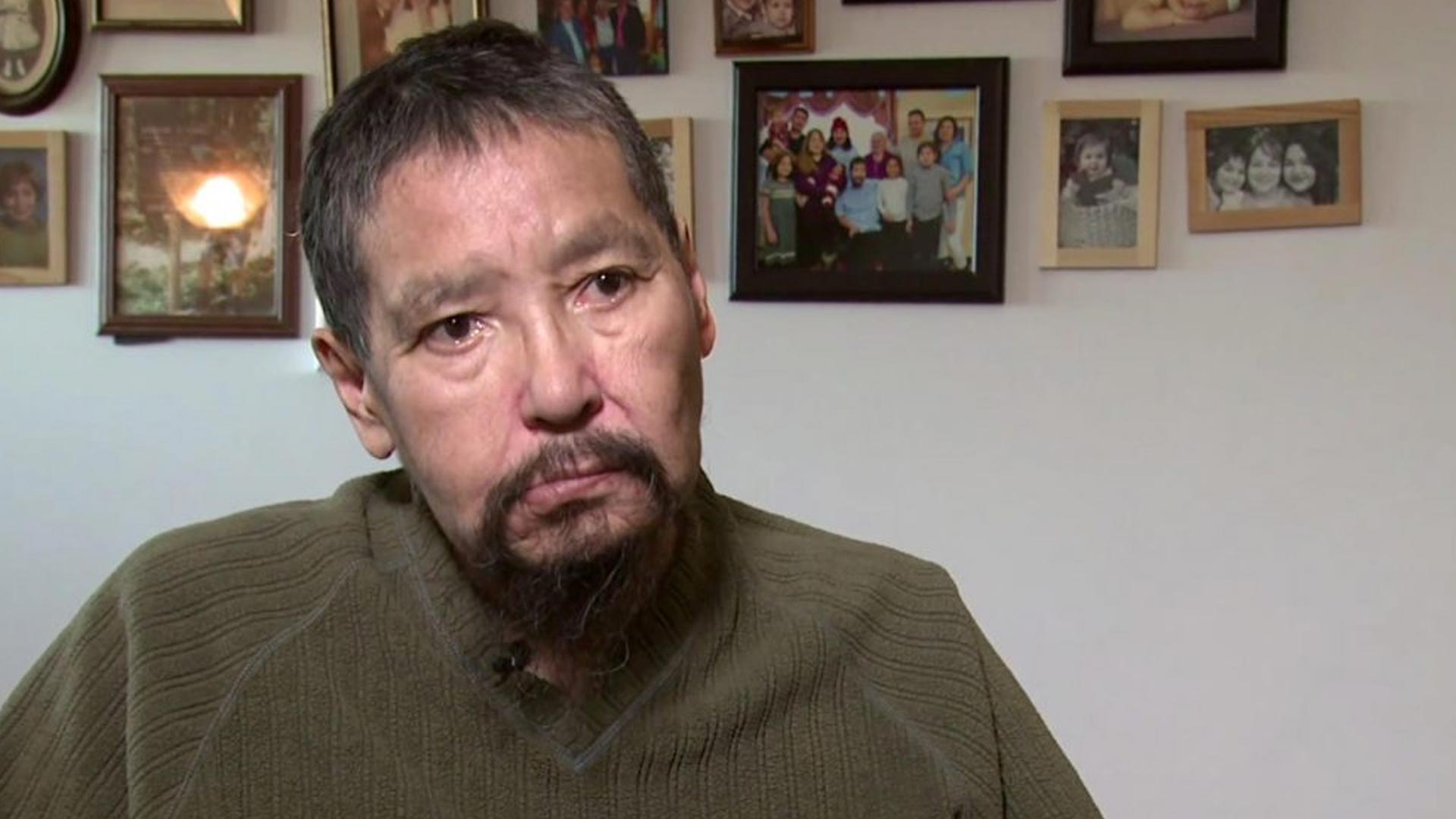
In 2015, the TRC report was released but it’s not clear how many of the TRC’s calls to action have been implemented.
No one federal department is tracking that information and the calls to action reach out to various provincial, territorial and federal departments.
A study by the Yellowhead Institute released in December 2019 reported only nine of 94 calls to action are complete.
The report said none of the calls to action in the area of health have been completed, and only one completed in the area labelled justice, which was a call for an inquiry into missing and murdered Indigenous women and girls that released its final report on June 3, 2019.
One recommendation has been covered in the area of language and culture but none in education.
Seven of the recommendations have been completed in the section marked: Reconciliation.
A statement released by Carolyn Bennett, the minister of Crown-Indigenous Relations, said the federal government has been making progress in important areas.
“We are implementing Jordan’s Principle, which makes sure all First Nations children in Canada can access the products, services and supports they need, when they need them,” the statement said.
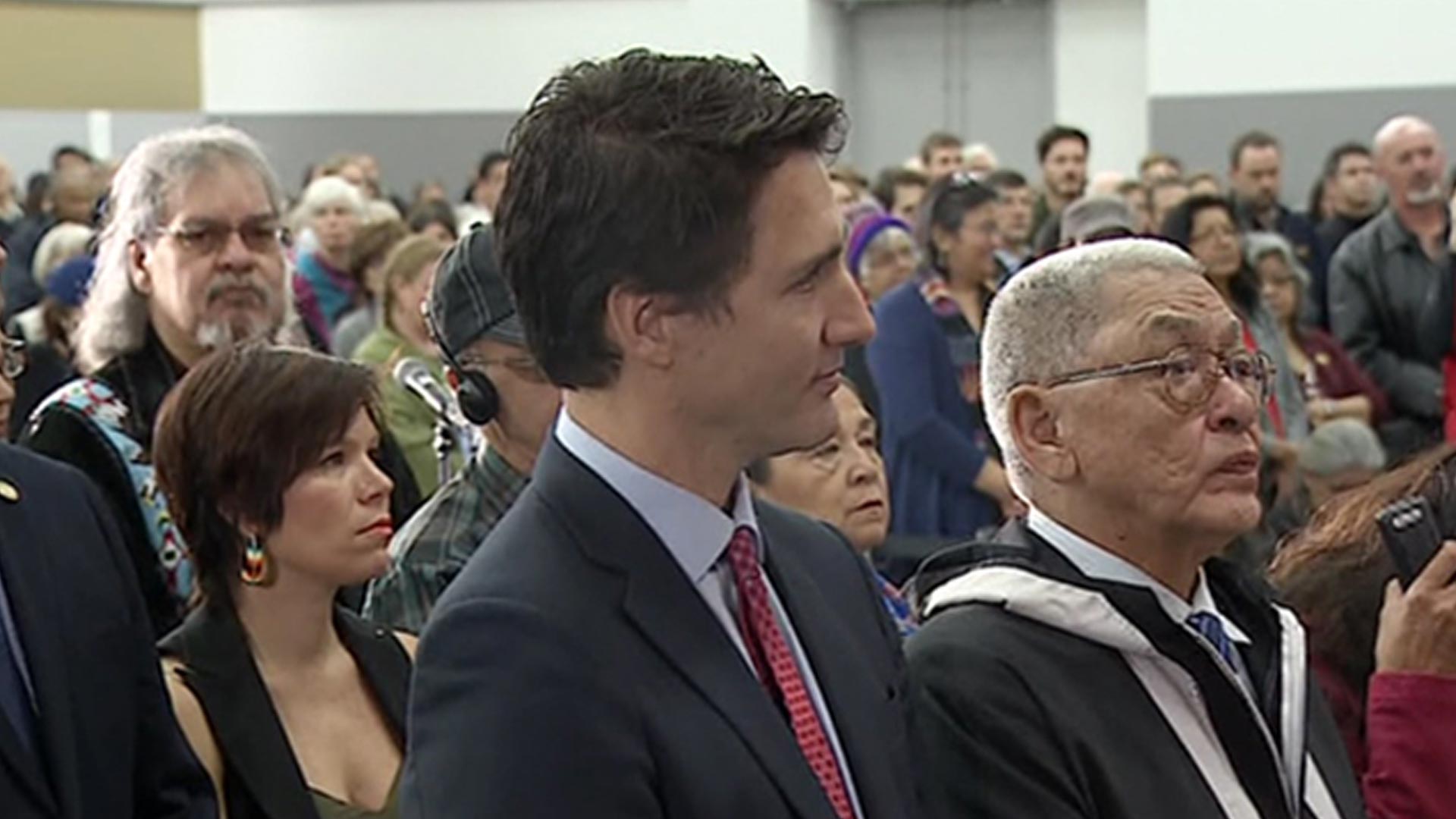
Ry Moran, director of the Centre for Truth and Reconciliation, said while some progress has been made, a major missing piece of information is data and statistics on Indigenous people.
Which now, he said, is a bigger problem because of the COVID-19 pandemic.
“That problem that we’re seeing with this current pandemic is manifest across many different sectors,” he said. “So we don’t really have a firm grasp on the number of kids in care, we don’t really have a firm grasp on maternal health outcomes.
“There’s a whole bunch of key primary indicators that the TRC said that we have to be monitoring and we have to be keeping track of.”
Moran stressed that pushing for that data would be the mandate of the National Council on Reconciliation – which was call to action 53.
One of its roles, as outlined in the TRC report, was to “Monitor, evaluate, and report to Parliament and the people of Canada on reconciliation on progress across all levels and sectors of Canadian society, including the implementation of the Truth and Reconciliation Commission of Canada’s Calls to Action.”
The government has yet to implement that recommendation.
Senator Murray Sinclair, who led the TRC, was not available to comment for this article.




